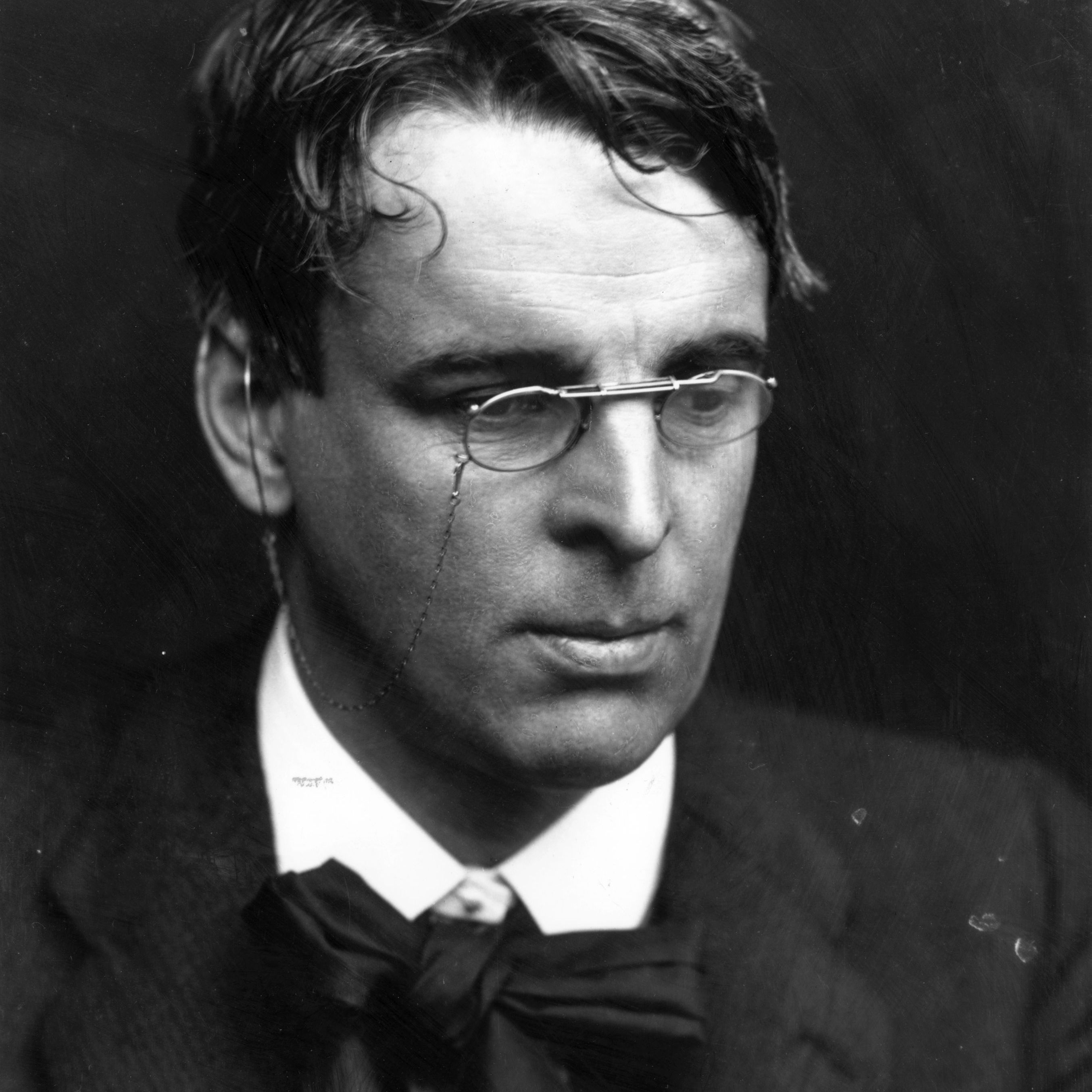When you are old and grey and full of sleep,
And nodding by the fire, take down this book,
And slowly read, and dream of the soft look
Your eyes had once, and of their shadows deep;
How many loved your moments of glad grace,
And loved your beauty with love false or true,
But one man loved the pilgrim soul in you,
And loved the sorrows of your changing face;
And bending down beside the glowing bars,
Murmur, a little sadly, how Love fled
And paced upon the mountains overhead
And hid his face amid a crowd of stars.
Published:
1891
Length:
Shorty
Literary Movements:
Modernism
Anthology Years:
2023
Themes:
Love & Relationships
Literary Devices:
Alliteration
the repetition of the same letter or sound at the beginning of words appearing in succession
Allusion
an expression designed to call something to mind without mentioning it explicitly; an indirect or passing reference
Assonance
The repetition of similar vowel sounds that takes place in two or more words in proximity to each other within a line; usually refers to the repetition of internal vowel sounds in words that do not end the same.
Caesura
a break between words within a metrical foot
Enjambment
a line break interrupting the middle of a phrase which continues on to the next line
Personification
the attribution of human qualities to a non-human thing
Polysyndeton
the repetition of conjunctions frequently and in close proximity in a sentence

